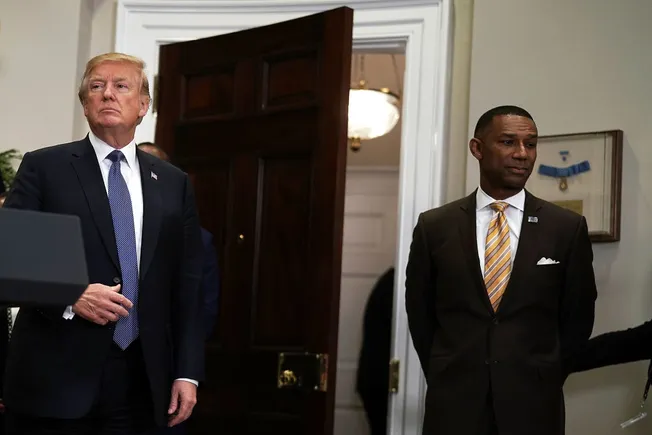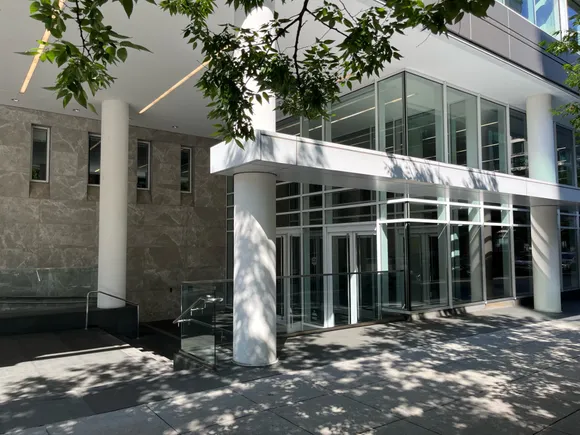Dive Brief:
- A Florida federal judge agreed to stay and enjoin the Federal Trade Commission’s ban on noncompete agreements for a single company’s employment contracts last week, joining a Texas federal court in blocking the FTC’s action ahead of its effective date next month.
- Judge Timothy Corrigan of the U.S. District Court for the Middle District of Florida held that it is “substantially likely” the FTC’s ban presents a major question as defined under the U.S. Supreme Court’s major questions doctrine, due to the ban’s potentially “huge economic impact,” among other factors. The judge also found that Congress did not render a “sufficiently clear expression of legislative intent” to authorize such a ban.
- Corrigan’s injunction only applies to the plaintiff, Properties of the Villages, and it does not constitute a stay of the rule generally, he said.
Dive Insight:
The decision in Properties of the Villages, Inc. v. Federal Trade Commission constitutes the third time a federal court has weighed the legality of FTC’s noncompete ban. District courts are split on this matter with only a few weeks remaining prior to the ban’s Sept. 4 effective date.
Late last month, a Pennsylvania federal judge denied a tree care company’s bid for a stay and preliminary injunction of the ban, holding that the plaintiff could not show that FTC exceeded its statutory authority. Additionally, the same court found that the ban “fell squarely within [FTC’s] core mandate” meaning that the Supreme Court’s major questions doctrine did not apply.
Corrigan disagreed, writing that while he also found the noncompete ban dealt with an unfair method of competition that would normally fall within the FTC’s mandate, the commission “has never exercised” its rulemaking power “in the scope and the manner that it seeks to do with the final rule” implementing the noncompete ban.
However, Corrigan also disagreed with some arguments made by Properties of the Villages. For example, he said the plaintiff was unlikely to succeed in arguing that FTC lacked the authority to issue rules regulating unfair methods of competition. He said the same of the argument that the noncompete ban violates the Constitution’s commerce clause.
Meanwhile, the Texas challenge to the rule remains in litigation, and the judge in that case has said the court will rule on the merits of the rulemaking on or before Aug. 30.






Leave a Reply